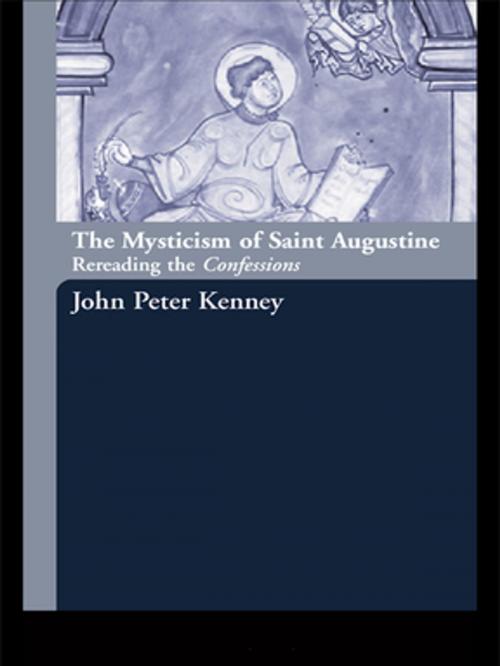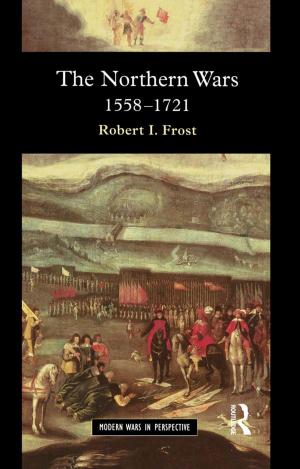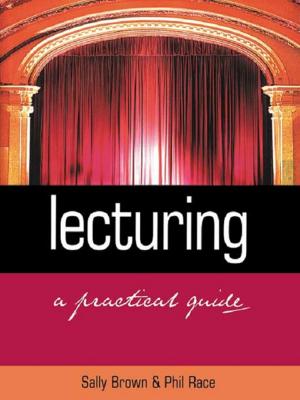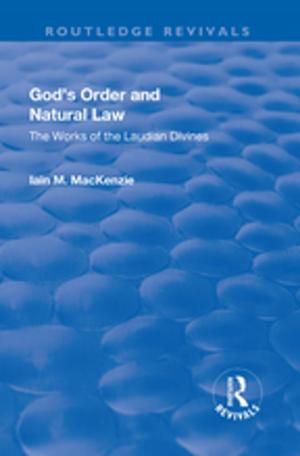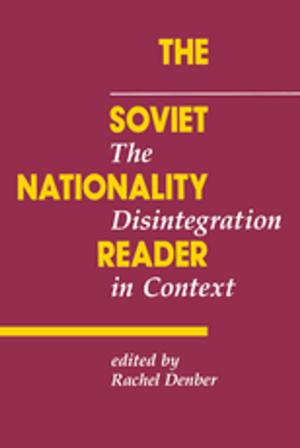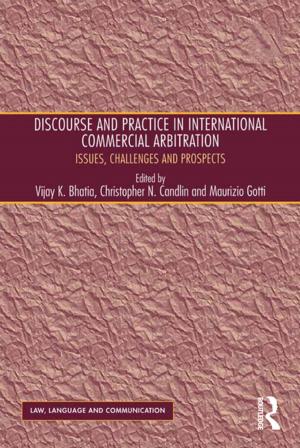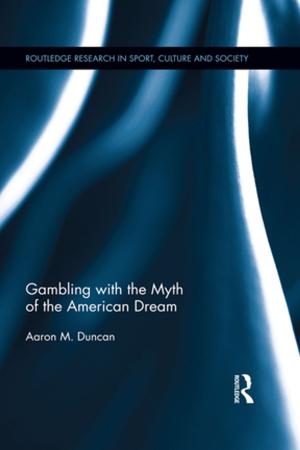The Mysticism of Saint Augustine
Re-Reading the Confessions
Nonfiction, Religion & Spirituality, Christianity, General Christianity, Philosophy| Author: | John Peter Kenney | ISBN: | 9781134442713 |
| Publisher: | Taylor and Francis | Publication: | September 19, 2005 |
| Imprint: | Routledge | Language: | English |
| Author: | John Peter Kenney |
| ISBN: | 9781134442713 |
| Publisher: | Taylor and Francis |
| Publication: | September 19, 2005 |
| Imprint: | Routledge |
| Language: | English |
Augustine's vision at Ostia is one of the most influential accounts of mystical experience in the Western tradition, and a subject of persistent interest to Christians, philosophers and historians.
This book explores Augustine's account of his experience as set down in the Confessions and considers his mysticism in relation to his classical Platonist philosophy. John Peter Kenney argues that while the Christian contemplative mysticism created by Augustine is in many ways founded on Platonic thought, Platonism ultimately fails Augustine in that it cannot retain the truths that it anticipates. The Confessions offer a response to this impasse by generating two critical ideas in medieval and modern religious thought: firstly, the conception of contemplation as a purely epistemic event, in contrast to classical Platonism; secondly, the tenet that salvation is absolutely distinct from enlightenment.
Augustine's vision at Ostia is one of the most influential accounts of mystical experience in the Western tradition, and a subject of persistent interest to Christians, philosophers and historians.
This book explores Augustine's account of his experience as set down in the Confessions and considers his mysticism in relation to his classical Platonist philosophy. John Peter Kenney argues that while the Christian contemplative mysticism created by Augustine is in many ways founded on Platonic thought, Platonism ultimately fails Augustine in that it cannot retain the truths that it anticipates. The Confessions offer a response to this impasse by generating two critical ideas in medieval and modern religious thought: firstly, the conception of contemplation as a purely epistemic event, in contrast to classical Platonism; secondly, the tenet that salvation is absolutely distinct from enlightenment.
